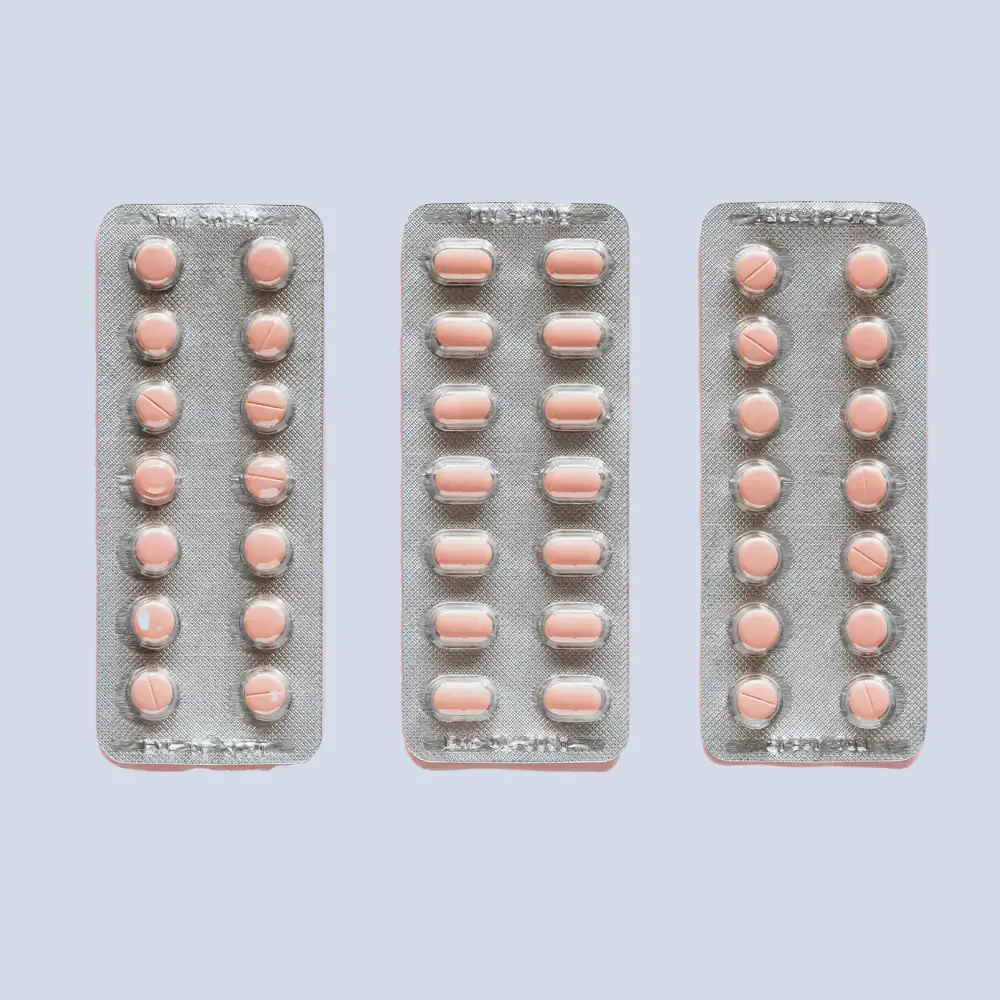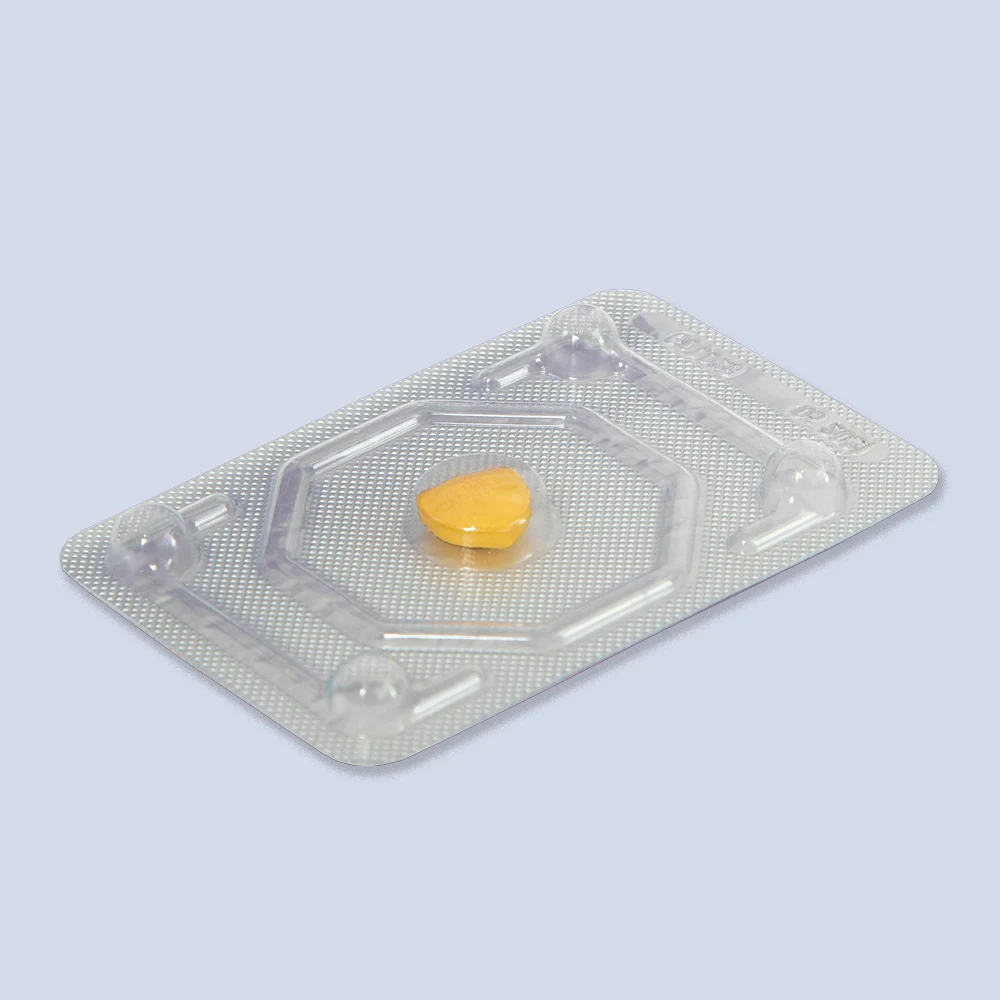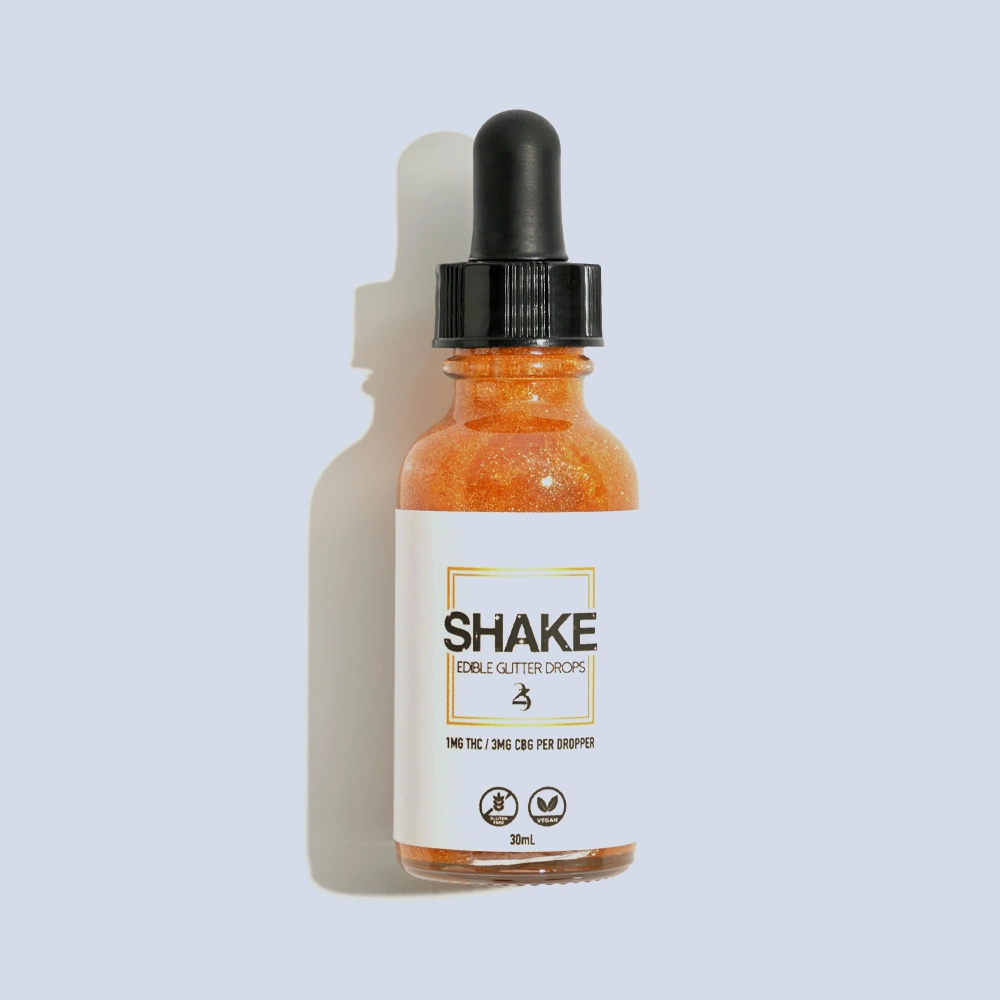Your cart is currently empty!

When you think of a pharmacist, the image that often comes to mind is someone standing behind a counter, dispensing medication. While this is certainly a core responsibility, the role of a modern pharmacist extends far beyond simply counting pills and labeling bottles. Today’s pharmacists are highly trained healthcare professionals, serving as accessible and invaluable resources within our communities, offering a wealth of knowledge and services that are crucial for managing our health effectively.
They are often the most accessible healthcare providers, ready to offer advice on over-the-counter remedies, explain complex medication regimens, and even provide basic health screenings. Their expertise helps bridge gaps in the healthcare system, ensuring patients understand their treatments, avoid potential drug interactions, and ultimately achieve better health outcomes. Recognizing the multifaceted contributions of pharmacists is key to fully utilizing the support they can provide on your health journey.
This equipment, which includes items like gloves, masks, gowns, eye protection, and respirators, plays a critical role in preventing the transmission of diseases and minimizing exposure to potentially harmful substances. The correct and consistent use of appropriate PPE not only protects the wearer but also contributes significantly to public health by limiting the spread of infections within communities.
Medication Management and Counseling
One of the most critical roles a pharmacist plays is in comprehensive medication management and counseling. They don’t just fill prescriptions; they meticulously review your medication profile to identify potential drug interactions, allergies, or contraindications. Pharmacists are adept at explaining how and when to take your medications, potential side effects to watch for, and how to store them properly. This personalized counseling empowers patients to adhere to their treatment plans, minimizing errors and maximizing the therapeutic benefits of their prescriptions, ultimately leading to safer and more effective treatment.
Lean meats, fish, beans, lentils, and nuts are excellent sources. Healthy fats, such as those found in avocados, olive oil, and fatty fish, are indispensable for hormone production, nutrient absorption, and protecting organs, dispelling the old myth that all fats are bad.

Providing Preventative Care and Wellness Advice
Beyond prescriptions, pharmacists are increasingly vital partners in preventative care and general wellness. Many pharmacies offer services such as vaccinations for influenza, pneumonia, and other diseases, making it convenient to stay up-to-date on essential immunizations. Furthermore, pharmacists can provide guidance on managing chronic conditions like diabetes or high blood pressure, offer smoking cessation support, and recommend appropriate over-the-counter products for minor ailments. Their readily available expertise makes them a frontline resource for health advice, often saving patients a trip to the doctor for less severe concerns.
Water is involved in every metabolic process, regulating body temperature, transporting nutrients, and lubricating joints. Aim for at least 8 glasses of water daily, and even more if you’re physically active or in a hot climate, to keep your body functioning at its peak.



Community Health Advocates and Educators
Pharmacists are deeply embedded in their communities, acting as essential health educators and advocates. They are often the first point of contact for health-related questions, offering practical advice and directing patients to other healthcare professionals when necessary. During public health crises, such as pandemics, pharmacists are at the forefront, disseminating accurate information, administering tests, and playing a crucial role in vaccine distribution. Their accessibility and commitment to public well-being make them invaluable members of the healthcare team, consistently working to improve the overall health literacy and outcomes within their local areas.
Rigorous testing and monitoring protocols are in place to ensure vaccine safety, and the benefits of vaccination in preventing serious illness, hospitalization, and death far outweigh the minimal risks associated with their administration. Educating ourselves and others with factual information is vital to maintain high vaccination rates and protect public health.
We’re committed to quality, reliability, and your satisfaction—making every shopping experience easy, convenient, and trustworthy.
— Emma Larson










Leave a Reply